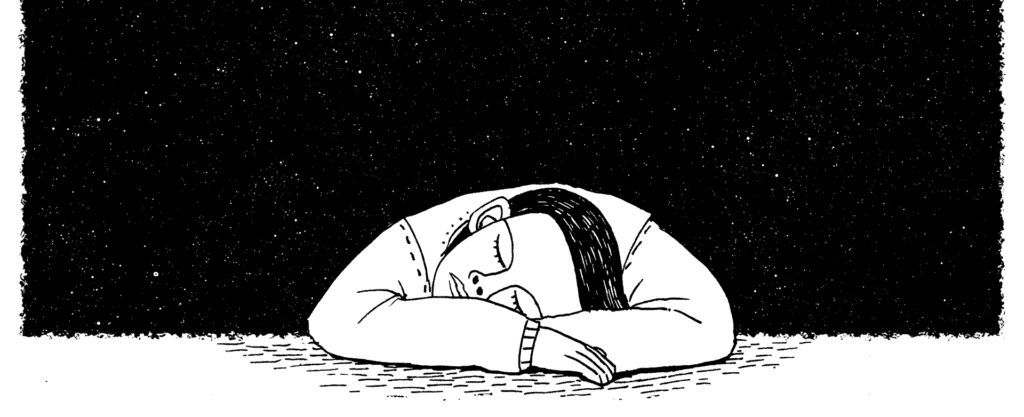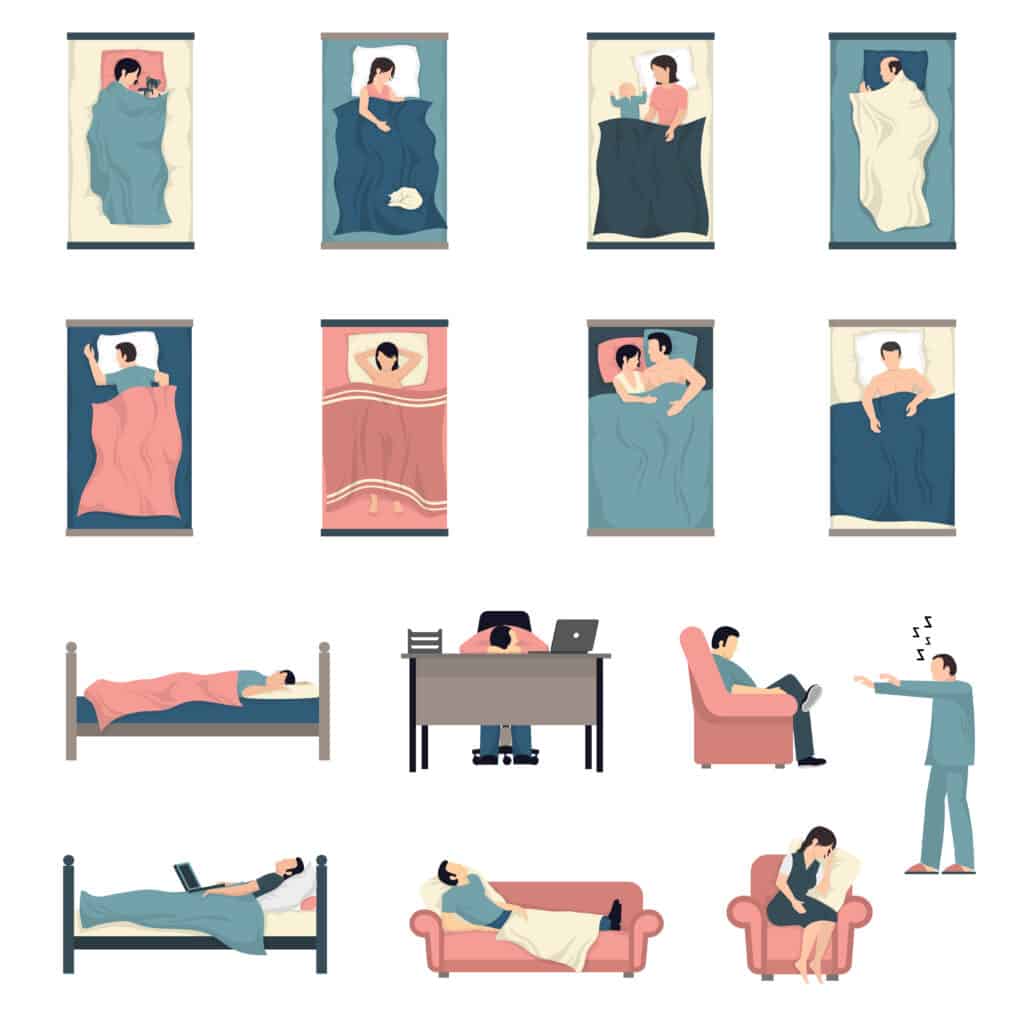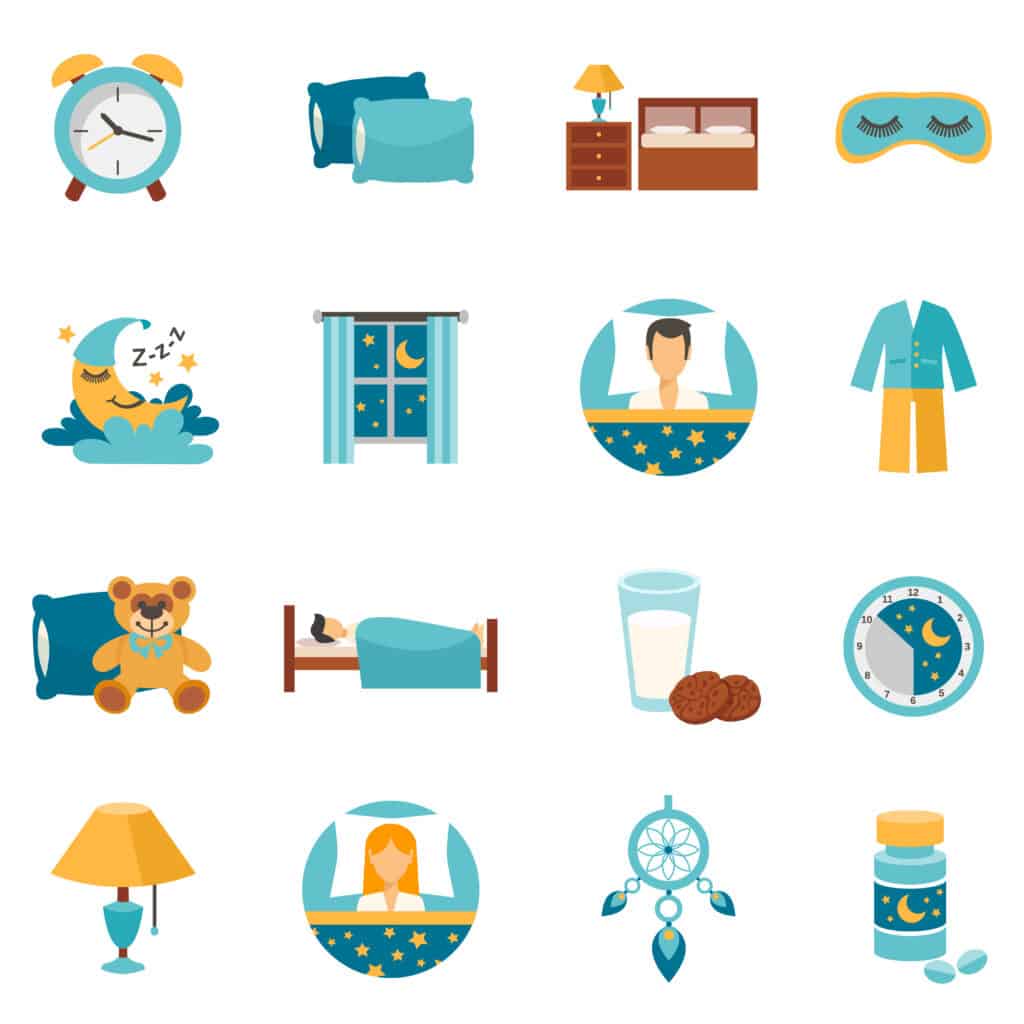The Ultimate Sleep Calculator: Perfect Your Bedtime Right Now

Note: For best experience, please view this calculator resource on your computer


What the Sleep Experts Have to Say
❝ You may not recall the racket caused by yesterday’s midnight garbage pickup, but your body probably does. Even if you don’t wake up, noise can disrupt your slumber and cause restlessness, increased heart rate and blood pressure, and changes in breathing patterns. These interruptions can lead to fragmented sleep, which makes it harder to reach the deeper, more restorative stages. Earplugs are a great way to avoid disturbances. Consider buying a fabric headboard or a plush rug to help minimize noises ❞

Terry Cralle
Certified clinical sleep educator and member of the American Sleep Association
❝ The first tip to better sleep is sleep duration—not how much time you spend in bed, but for how long you actually sleep.
Everyone has different needs, which are partly determined by their genes. To find your ideal sleep duration, try spending two to three weeks sleeping as much as your body needs to by going to bed as soon as you are tired and waking up naturally in the morning. At the end of that two- or three-week period of time, you should assess the amount of time that you were sleeping, and that would be a reasonable approximation of how much sleep you’d need ❞

Dr. Nathaniel Watson
Past president of the American Academy of Sleep Medicine (AASM)
❝ For better sleep, I’d like to encourage people to think about in this way: how to make the most of your day when you're awake. If you are obtaining an adequate amount of sleep at night on a regular basis, then a busy person can be far more efficient with the time they have during the waking day to get things done. You will be able to think more clearly, make decisions more decisively, and overall be more productive with a good night's sleep. So, my suggestion is to figure out how much sleep you think you need to function and feel your best (everyone is different), and try to get this sleep on a regular basis ❞

Stephanie Crowley
Psychologist and sleep researcher at Rush Medical College
- Thanks to Terry Cralle, Dr. Nathaniel Watson, Stephanie Crowley for their valuable inputs; Omni for their data.
- Nighttime sleep duration, 24-hour sleep duration and risk of all-cause mortality among adults: a meta-analysis of prospective cohort studies (Nature Journal)
- How Sleep Stages Work (National Institutes of Health NIH)

